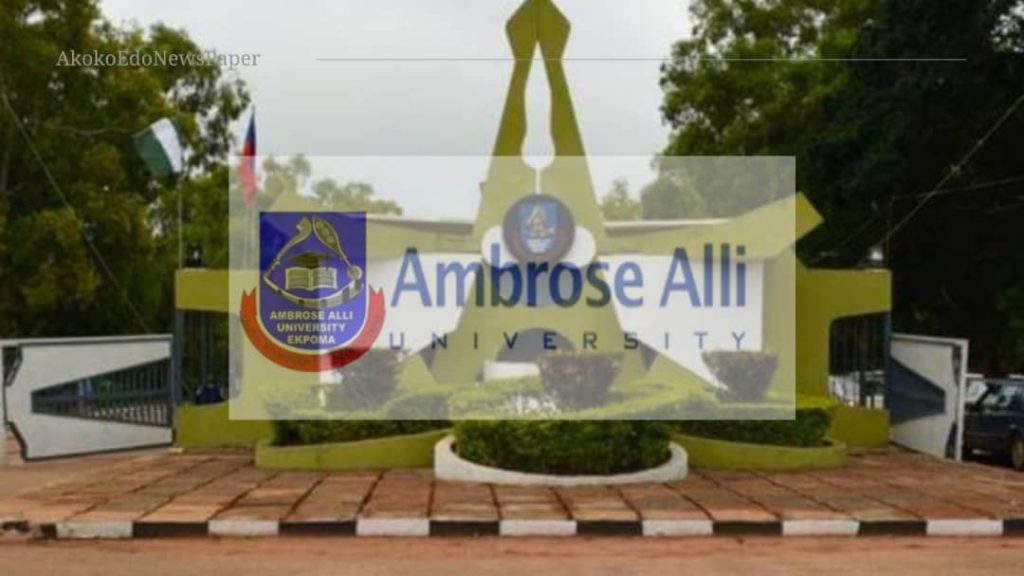The House of Representatives has passed for second reading a series of bills aimed at altering the 1999 Constitution, addressing critical areas such as the death penalty, local government administration, and citizenship rights.
The bills, championed by Deputy Speaker Rep. Benjamin Kalu, signal a potential shift in key aspects of Nigerian law and governance.
The bills were formally presented by Majority Leader Rep. Julius Ihonvbere (APC-Edo) during a plenary session. Among the key proposals is “a bill for an Act to alter the Constitution to review the penalties for certain capital offenses in alignment with relevant international best practices and for related matters.” This bill suggests a potential re-evaluation of the application of the death penalty in Nigeria, aligning it with evolving global human rights standards.
Another significant bill aims to overhaul the framework for local government administration. According to Ihonvbere, this legislation “seeks to establish a robust legal regime, strengthen administrative efficiency, and promote transparency and accountability.” The intention is to foster greater democratic participation at the grassroots level and improve the effectiveness of local governance. He added that the bill also seeks “to deepen democratic practices at the local government level and for related matters.”
Furthermore, the House is considering a bill focused on clarifying indigenous and citizenship status. This bill proposes to “guarantee indigenous status to persons by reason of birth or continued residence for a period of not less than 10 years or by reason of marriage and for related matters.” This aims to address long-standing issues of discrimination and ensure equal rights for residents across the country.
In a move that could potentially attract foreign investment, the House is also debating “a bill for an Act to alter the Constitution to include citizenship by investment as one of the classes of citizenship in Nigeria, to provide for the acquisition of Nigerian citizenship by qualified foreign investors who meet specified investment thresholds, and for related matters.” This initiative seeks to incentivize foreign investment by offering citizenship to qualified individuals who meet specific investment criteria.
Finally, Ihonvbere presented a bill “to alter the Constitution to provide for the inclusion of tourism and tourism-related matters on the Concurrent Legislative List and for related matters.” This suggests a move to empower both the federal and state governments to jointly legislate on tourism, potentially fostering growth and development in the sector.
The passage of these bills for second reading indicates that the House believes they warrant further consideration. They will now be subject to committee review and public hearings before potentially being brought back to the House for a final vote. The proposed constitutional amendments, if ultimately approved, could have a profound impact on the future of Nigeria.

